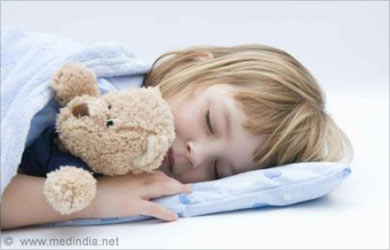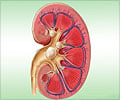About
Bedwetting (nocturnal enuresis) is involuntary voiding of urine during sleep at least three times a week in a child aged 5 years or older. It is a common worldwide problem affecting both boys and girls below 16 years. It can be a distressing experience for the child and may lead to loss of self-esteem and isolation.
Children fear being discovered and are afraid to go to relatives' or friends' house. Although most parents are supportive, up to 30% parents become intolerant towards their child.

How common is bedwetting? Can it correct itself?
At 5 years of age, around 1 in 6 children still wet the bed. This means that in a school class of thirty there will be five who wet the bed regularly. Because the children and their parents are too embarrassed to talk about the problem it is unlikely that they will be known to each other. Most of these children spontaneously grow out of it. By the age of 10 only one in 15 still wet the bed. Even in adulthood 1 in 100 still suffers from the problem.
Causes of Bedwetting
It is important to remember that it is not the child’s fault. Parents must also not blame themselves. Getting angry or punishing the child could make the problem worse. Supporting and praising the efforts of the child to stay dry will help the child to become dry sooner. Getting medical help relieves the anguish for the family.
The cause of bedwetting is usually a combination of three factors.
- Over production of urine at night
- Hyperactivity of the bladder
- Lack of arousal from sleep
Stressful early life events can trigger bedwetting in those who have previously been dry for a long period.
Children with isolated bedwetting usually do not have any underlying problem. However if a child has been wet right from birth, always wet day and night, or never achieved toilet training, then it is essential to see a Pediatric Urologist to make sure that there is no associated medical problem like ectopic ureter, where one kidney drains not into the bladder but, outside the body directly.
Treatment for Bedwetting
Often simple methods like waking up the child (alarms) and giving awards for a dry night (star chart) are undertaken. If bladder over activity is suspected, a bladder relaxing medication is prescribed. If night time alone is a problem, a medicine to reduce the volume of urine in the night is prescribed. When urine infection is suspected, an antibiotic is prescribed.

It is essential to avoid bladder irritants as black current, coffee or coke. Constipation can make bladder problems worse. Taking plenty of fruits and vegetables can help to prevent this. Often parents restrict children’s water intake. This is not necessary; in fact these children need plenty of water and regular toilet visits during the day.









